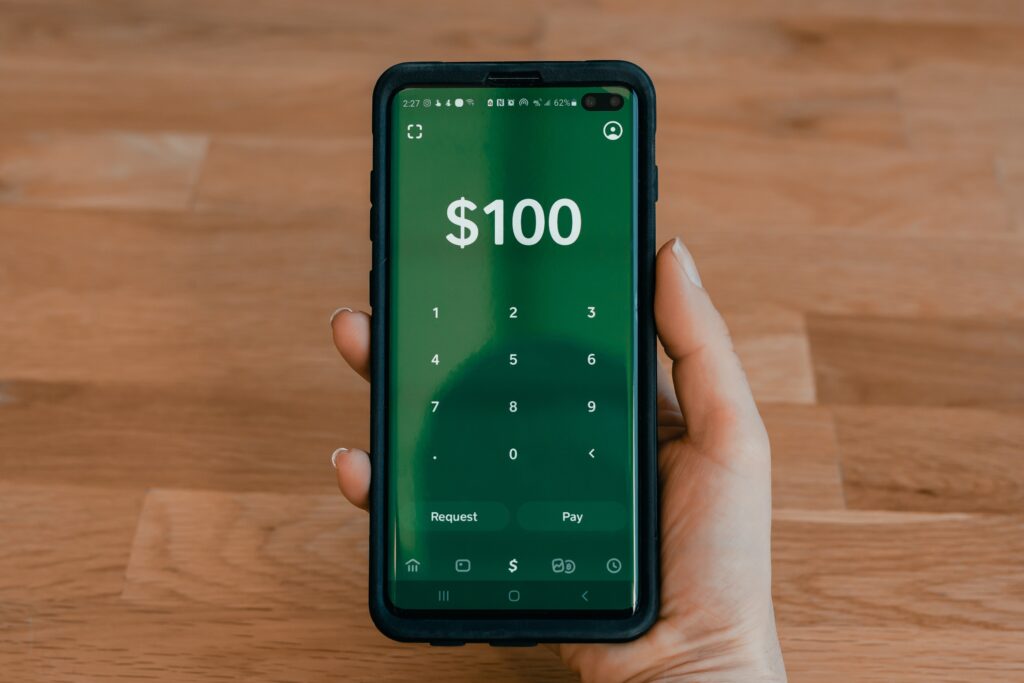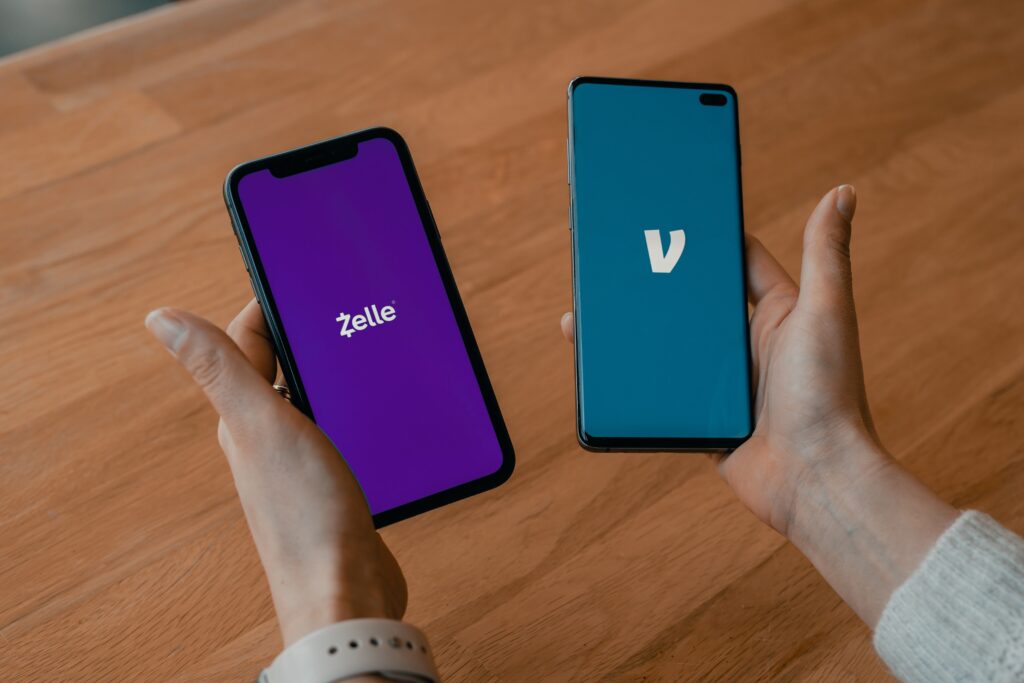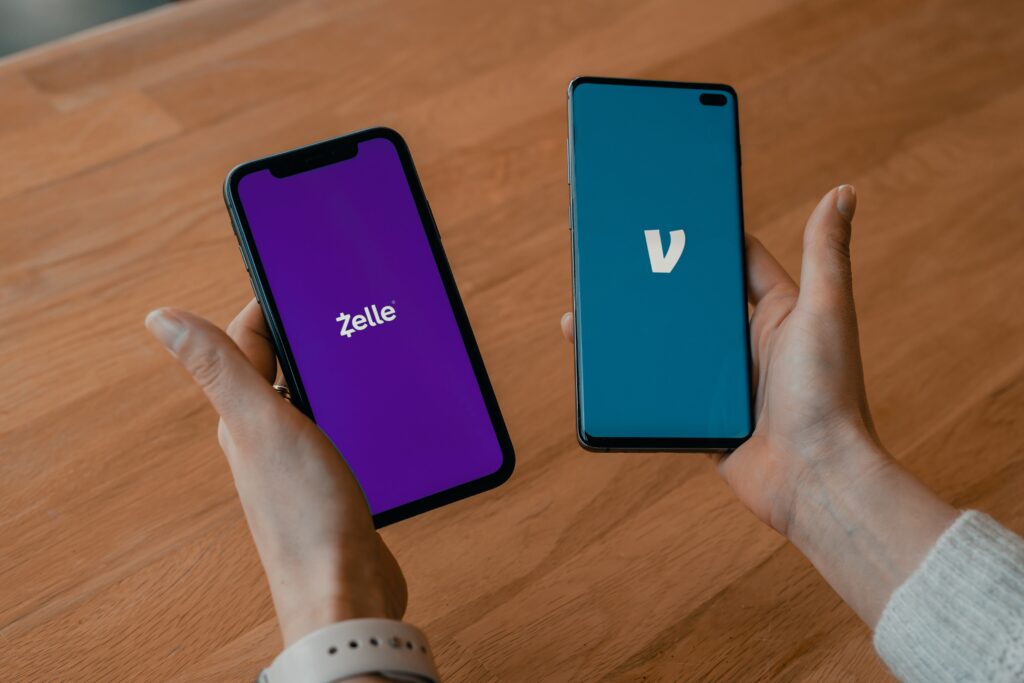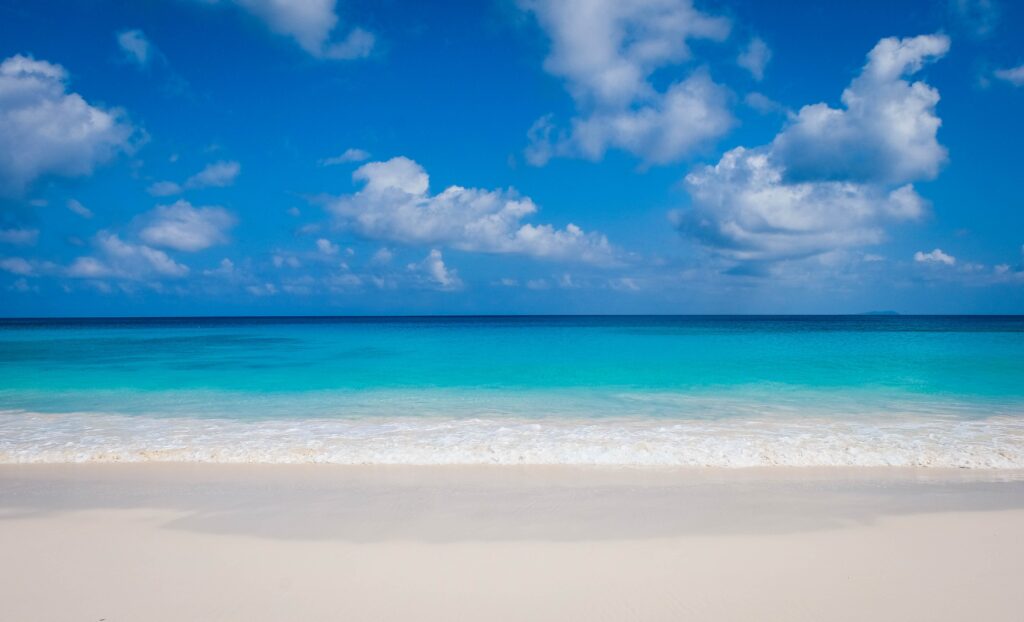In this article, you’ll learn about the local currency used in Hawaii. We’ll explore the different forms of payment accepted on the islands, including the most common form of currency. Whether you’re planning a trip to Hawaii or simply curious about their monetary system, this article will provide you with all the information you need. So, let’s get started and uncover the local currency in Hawaii!

Overview of Hawaii
Hawaii is a beautiful island paradise located in the Pacific Ocean. Known for its stunning beaches, lush landscapes, and vibrant culture, Hawaii attracts millions of tourists each year. This article will provide an overview of the local currency in Hawaii, as well as information on currency exchange options and tips for using and budgeting with local currency while visiting the islands.
Geographical location
Hawaii is a group of islands located in the central Pacific Ocean, approximately 2,400 miles southwest of California. The Hawaiian archipelago consists of eight main islands, with the largest and most populous island being Hawaii, also known as the Big Island. Other notable islands include Oahu, Maui, Kauai, and Molokai. Each island offers its own unique attractions, from the bustling streets of Honolulu on Oahu to the lush rainforests and waterfalls of Maui.
Population
As of [current population data], Hawaii has a population of [current population number]. The majority of the population resides on the islands of Oahu and Hawaii, where the capital city of Honolulu is located. Hawaii is known for its diverse population, with a rich mix of ethnicities and cultures, including Native Hawaiians, Asians, Pacific Islanders, and individuals of European descent.
Tourism industry
Hawaii’s economy heavily relies on its thriving tourism industry. Each year, millions of visitors flock to the islands to enjoy the warm weather, beautiful beaches, and wide range of outdoor activities. From snorkeling and surfing to hiking and exploring volcanic landscapes, Hawaii offers something for every type of traveler. With such a high number of tourists, the demand for local currency and currency exchange services is substantial.
Currency in Hawaii
Official currency
The official currency of Hawaii, as well as the entire United States, is the United States Dollar (USD). The USD is widely accepted throughout the islands, making it easy for visitors to conduct transactions and make purchases during their stay.
Types of currency accepted
While the USD is the official currency, it is important to note that certain establishments in Hawaii may also accept other forms of currency, such as the Japanese Yen or the Euro. However, these instances are rare, and it is always best to have USD on hand for daily transactions.
Currency exchange rates
Currency exchange rates fluctuate regularly, and it is always a good idea to check the rates before traveling to Hawaii. You can find current exchange rates online or by visiting a local bank or currency exchange office. Keep in mind that exchange rates may vary between different financial institutions, so it is wise to compare rates to ensure you are getting the best value for your money.

United States Dollar (USD)
Primary currency used
The United States Dollar is the primary currency used in Hawaii. It is widely accepted at hotels, restaurants, shops, and other businesses throughout the islands. Most transactions, including accommodation, meals, transportation, and shopping, will be conducted in USD.
Historical significance
The use of the United States Dollar in Hawaii dates back to the 19th century. In 1898, Hawaii was annexed by the United States and became a territory. On August 21, 1959, Hawaii officially became the 50th state of the United States of America. Since then, the USD has been the sole currency used in Hawaii.
Denominations
The United States Dollar comes in various denominations, including $1, $5, $10, $20, $50, and $100 bills. Additionally, there are coins in circulation, such as pennies (1 cent), nickels (5 cents), dimes (10 cents), quarters (25 cents), and silver dollars.
Currency Exchange in Hawaii
Banks and financial institutions
Hawaii has a well-established banking system, with numerous local and international banks operating throughout the islands. These banks provide currency exchange services for visitors and residents alike. Popular banks in Hawaii include Bank of Hawaii, First Hawaiian Bank, and American Savings Bank. Most banks have branches conveniently located in tourist areas, making it easy to exchange currency.
Currency exchange services
In addition to banks, there are also currency exchange offices and kiosks located in tourist areas, such as airports, shopping centers, and hotels. These establishments offer convenient currency exchange services for travelers, often at competitive rates. It is important to note that some currency exchange offices may charge fees or commissions for their services, so it is advisable to compare rates and fees before making an exchange.
ATMs and withdrawal options
ATMs are readily available throughout Hawaii, providing a convenient way to withdraw local currency. Most ATMs accept major credit and debit cards, including Visa, Mastercard, and American Express. However, it is important to check with your bank regarding any foreign transaction fees or withdrawal limits that may apply. Additionally, it is always wise to inform your bank about your travel plans to avoid any issues with accessing your funds while in Hawaii.

Accepted Forms of Payment
Credit cards
Credit cards are widely accepted in Hawaii, with most hotels, restaurants, and shops accepting major credit cards, such as Visa, Mastercard, and American Express. It is advisable to carry at least one credit card with you while traveling in Hawaii for convenience and security purposes.
Debit cards
Debit cards linked to major networks, such as Visa or Mastercard, are also widely accepted in Hawaii. Debit cards offer a convenient way to access funds directly from your bank account without carrying large amounts of cash. However, it is important to check with your bank regarding any withdrawal limits or fees that may apply when using your debit card in Hawaii.
Traveler’s checks
While traveler’s checks were once a popular method of carrying money while traveling, they have become less common in recent years. However, certain establishments in Hawaii may still accept traveler’s checks, although they may be subject to fees or restrictions. It is advisable to check with your bank or the establishment before relying on traveler’s checks as a form of payment.
Personal checks
Personal checks are generally not accepted as a form of payment in Hawaii, as they are in many other parts of the United States. It is recommended to have alternative forms of payment, such as cash or credit cards, when conducting transactions in Hawaii.
Foreign Currencies
Exchanging foreign currency
If you are visiting Hawaii from abroad and need to exchange your foreign currency for USD, it is best to do so before arriving in Hawaii. Most major international airports have currency exchange services where you can convert your currency into USD. However, it is important to note that exchange rates at airports may not be as favorable as those offered by banks or currency exchange offices.
International money transfers
If you require funds from your home country while in Hawaii, you can consider using international money transfer services. These services allow you to transfer funds from your home bank account to a local bank or financial institution in Hawaii. It is advisable to compare fees and exchange rates offered by different money transfer providers to ensure you are getting the best value for your money.
Currency Conversion Tips
Comparing exchange rates
Before traveling to Hawaii, it is recommended to compare currency exchange rates offered by different banks and currency exchange offices. This will help you get the best value for your money and avoid unnecessary fees or charges.
Avoiding additional fees
When using your credit or debit card in Hawaii, be aware of any foreign transaction fees or ATM withdrawal fees that may apply. These fees can vary between banks and card issuers, so it is important to check with your bank before traveling to understand the potential costs involved.
Budgeting while traveling
When budgeting for your trip to Hawaii, consider the daily exchange rate and any fees associated with currency exchange or card usage. It is advisable to have a mix of cash and cards for flexibility and to ensure you always have access to funds while traveling around the islands.
Local Currency Usage Tips
Tipping etiquette
Tipping is customary in Hawaii, and it is common to tip service staff, such as restaurant servers, hotel staff, and taxi drivers. The standard tip amount is around 15-20% of the total bill. However, it is always a good idea to check if a service charge has already been added to the bill, as some establishments include gratuity.
Understanding sales tax
In Hawaii, there is a General Excise Tax (GET) on most goods and services. The current tax rate is [current tax rate]. When making purchases, be aware that the listed price does not include tax, and the total amount will be higher than the displayed price.
Paying for services
When paying for services, such as transportation or tours, it is advisable to carry cash for smaller transactions, as some providers may not accept credit cards for low-value purchases. Having a mix of cash and cards will ensure you have payment options available for various situations.
Currency-related Laws and Regulations
Counterfeit currency laws
Counterfeiting money is illegal in Hawaii, as it is in the rest of the United States. It is important to be cautious when handling cash and to report any suspected counterfeit bills to the local authorities.
Currency declaration requirements
When entering or leaving the United States, there are certain currency declaration requirements that apply. If you are carrying more than $10,000 in cash or traveler’s checks, you must declare it to the U.S. Customs and Border Protection (CBP) at the port of entry or departure. Failure to declare large sums of money may result in fines or confiscation of funds.
Conclusion
In conclusion, the local currency in Hawaii is the United States Dollar (USD). It is widely accepted throughout the islands, making it convenient for travelers to conduct transactions and make purchases. While there are other forms of currency that may be accepted in certain establishments, it is best to have USD on hand for daily transactions. When visiting Hawaii, it is important to familiarize yourself with the local currency and be aware of exchange rates, fees, and payment options. By planning ahead and understanding the local currency usage, you can have a smooth and enjoyable experience while exploring the beautiful islands of Hawaii.






